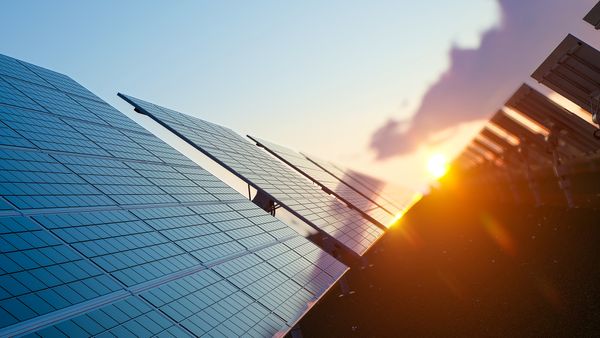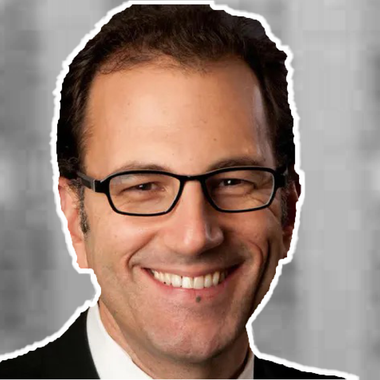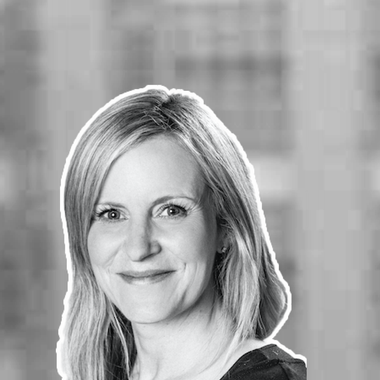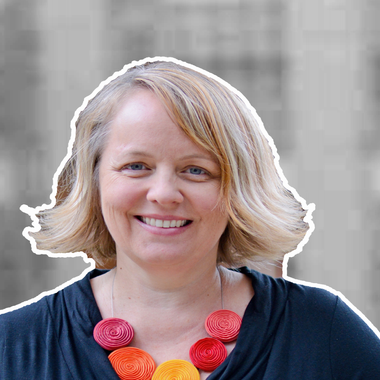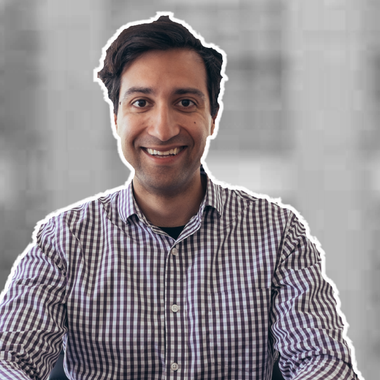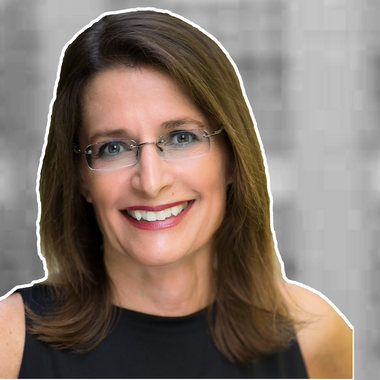Over the month of March, SmarterMarkets™ presented a series of challenging and investigative conversations on the generational shifts in wealth and investment, greening of equity and commodity markets and the importance of pricing carbon to achieve ESG goals; culminating in a two-part season finale featuring an unforgettable conversation between Erik Townsend and commodities legend Robert Friedland, Co-Founder and Chair of Ivanhoe Mines.
The last 12 months have force-actuated transformational change in a way never before seen in the global economy. The perpetual waves of post-pandemic economic openings and closures have forced governments to respond in a way that backloads the true cost of record-level stimulus onto the global economy itself; a response foreshadowing increased levels of inflation and guiding markets towards a commodities bull run.
When it comes to understanding exactly how this time of change can be catalyzed in a way that fosters increased interest in sustainable business practices and ESG investment goals, we need only look back to examples such as the rise of sulfur pricing, the birth of the catalytic converter, and its success at solving the problem of acid rain. Anyone living in an urban center in the 90s will remember the LED signs in gas station windows showing the pH level of the atmosphere that day. Slowly but surely the market reacted, created stronger both foundational pricing mechanisms and technological innovations to reduce and remove the unfavourable emissions; and finally got out of the way of achieving that sustainability objective.
Will this new wave of investment usher in new examples of market systems and structures that foster greater commitment to more ethical, inclusive and sustainable investments? Will this fresh batch of retail investors embrace “cleaner” or “greener” commodities? Can resource-reliant jurisdictions rise from the ashes cleaner and more efficient economic powerhouses? These answers will rely in part on what legislators and market makers alike do today to create a foundation for transitional investment and economic growth.
The first season of the podcast, now tuned-into by over 13,500 unique listeners, was hosted by commodities investment expert Erik Townsend and featured yet another cast of world-class guests over the month of March - including John Goldstein, Global Head of Sustainable Finance at Goldman Sachs; Bill Pazos, Co-founder and COO of AirCarbon and Canadian billionaire financier Robert Friedland.
THE SECOND SEASON | PREMIERE DATE APRIL 3, 2021
The second season of SmarterMarkets™ will get started on April 3, 2021 when Erik Townsend sits down with one of Season Two’s new acclaimed hosts; privacy mastermind Michelle Dennedy, former Chief Privacy Officer of Cisco, Intel, McAfee, and Oracle. Michelle is a globally sought-after, always provocative public speaker, evangelizing new approaches and business justifications for purpose-driven, transparent security and privacy policies and systems that protect healthy and safe global businesses.
Over the course of our sophomore season, we will expand our conversational reach into bold new territories; examining the intersectionalities between the great energy, finance and digital transitions; and how they are transforming to solve the same fundamental issues of trust, sustainability, interoperability and inclusivity.
Joining Michelle as co-host this season is Todd Buchholz, renowned economist, acclaimed $15 Billion Tiger hedge fund manager and former Director of Economic Policy at the White House. An internationally known consultant on global markets and winner of Harvard’s annual teaching prize, Bucholz connects the dots between Wall Street, Main Street and international capital markets and is a regular commentor at Bloomberg, The New York Times, ABC News and CBS. Todd will be chatting with Arjun Murti, energy macro and equity analyst, advisor and director at Warburg Pincus, Center on Global Energy Policy and Conoco Phillips in his inaugural episode.
Michelle’s first conversation will air on Saturday, April 10 and feature the man responsible for the largest acquisition in IBM history; Jim Whitehurst, current President of IBM, former CEO of Red Hat and one of the world’s greatest evangelists of open source innovation.
MARCH 2021 | EPISODE RECAP
Continuing our mini-series on the rise of ESG in commodity markets, Erik Townsend joined Goldman Sachs’ global head of sustainable investing practices John Goldstein to discuss how to engage in ESG investing to make a difference by engaging directly with the industries that need reform, rather than avoiding them. When asked about the mercurial rise of ESG John remarked
“Drivers of risk and return are changing. What's going to drive success and failure of businesses and investments and asset managers are changing and having an ability to gain insight into discern quality and really manage for success in a changing world is key for all investors, whether they think they care about ESG or not.”
In the second episode, Erik Townsend joined Bill Pazos, AirCarbon Exchange co-founder and COO, to discuss the future of carbon markets. Speaking about the strategic investment from Abaxx Technologies Bill mentions,
“We are working hand in hand with (the Abaxx Exchange) to develop carbon products, to offset the carbon footprint of delivery of LNG cargoes. That's an extremely exciting opportunity for us because it marries two commodities and will open the door for a lot of other activity.”
The season finale featured a radically no-holds-barred two-part conversation between Erik Townsend and commodities legend Robert Friedland; a ferocious dialogue determined on answering the question, “What will it take to green the global economy?”
When asked about the future of how we power our economy Robert posits,
“I don't think the goal is to drive the production of fossil fuels to absolute zero. But we certainly want to reduce global warming gas as a reasonable proposition because it's very difficult to model the ultimate impact of global warming guests. We have to be five years or 10 years too early, not one day too late in that regard.”

